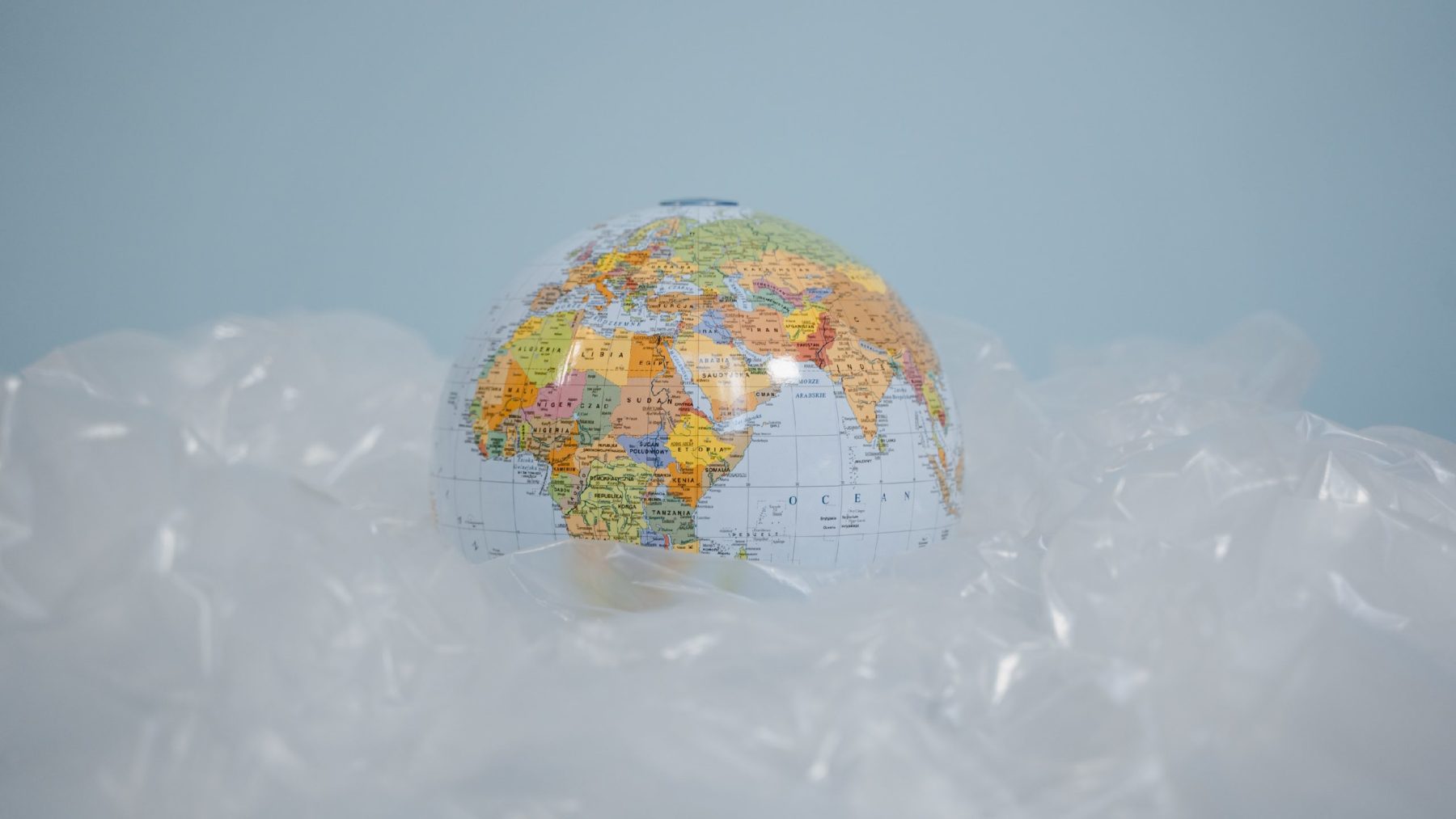How does plastic affect the world we live in?
Plastic sticks around in the environment, threatening wildlife and spreading toxins, which is why being plastic free is important. Plastic pollution has become one of the largest environmental issues, as the fast production of disposable plastic products affects the world’s ability to deal with them. Everyday items such as plastic bags, bottles, cups and straws are causing multiple problems for the planet.
Plastics are made from unsustainable materials, such as coal, natural gases and crude oil. This means that just the production process itself is horrific for the environment. Additionally, the recyclable plastic types are not 100 percent recyclable, as new plastic still needs to be manufactured from the old plastic.
Unfortunately, not all recyclable plastic gets recycled because it isn’t all placed in a recycling bin.
While there are multiple plastics that are compostable, these are more expensive to produce, therefore are used a lot less frequently. Standard plastics do not decompose. They can take decades, centuries, or even millenniums.
How does plastic affect marine life?
Plastic waste is overtaking our oceans and putting the lives of millions of marine animals at risk. Seabirds, fish, crabs, seals, whales, dolphins and multiple other sea animals are dying and getting sick because of this.
Microplastics are the main issue in our oceans. They are tiny pieces of plastic which break off from larger plastics. Marine animals often eat microplastics because they are small. Plastic contains toxins, which can increase diseases and have a negative impact on reproduction. This can cause suffering for months or even years.
According to World Animal Protection, in 2014, it was estimated that 15 to 51 trillion microplastic particles were floating in the oceans.
Plastic affects all life, from small, marine animals right up the food chain to large predators and even humans. Recent studies have shown traces of microplastics in people too, meaning that this is a problem that affects everybody.
What is Plastic Free July?
Plastic free July is a global movement that helps millions of people be part of the solution to plastic pollution, so we can have cleaner streets, oceans, and communities. It’s based on providing resources and ideas to help you and millions of others reduce single-use plastic waste everyday, wherever you are. The Plastic Free July movement has inspired 100+ million participants in 190 countries.
Being part of Plastic Free July will help you to find significant alternatives to plastic that could be adopted into permanent habits.
To see the official website, click here.
Let’s be Plastic Free!
Cubiquity are passionate about looking after our communities and our planet, which is why we have decided to take part in this movement.
To increase awareness, we want as many people as possible to come up with a catchy, uplifting slogan about the benefits that being plastic free have on the environment or why people should be making plastic free choices , so get your creative brains working!
The slogans will go through a voting process, and the winning slogan will be printed in Cubiquity style on some plastic free alternative products.
Everyone who enters will receive the finished product, along with the winner receiving some extra goodies, so get entering! You never know, your slogan could be the star of the show!
This competition will close on the 1st June 2022, and the winner will be revealed on the 1st July 2022 to kickstart Plastic free month.
Throughout July, we will also be highlighting different alternatives to plastic and doing a spotlight each week on these different products, to help people who are struggling to find alternatives. If you want to keep updated with us for some Plastic free innovation, make sure you follow our LinkedIn and Twitter pages.
